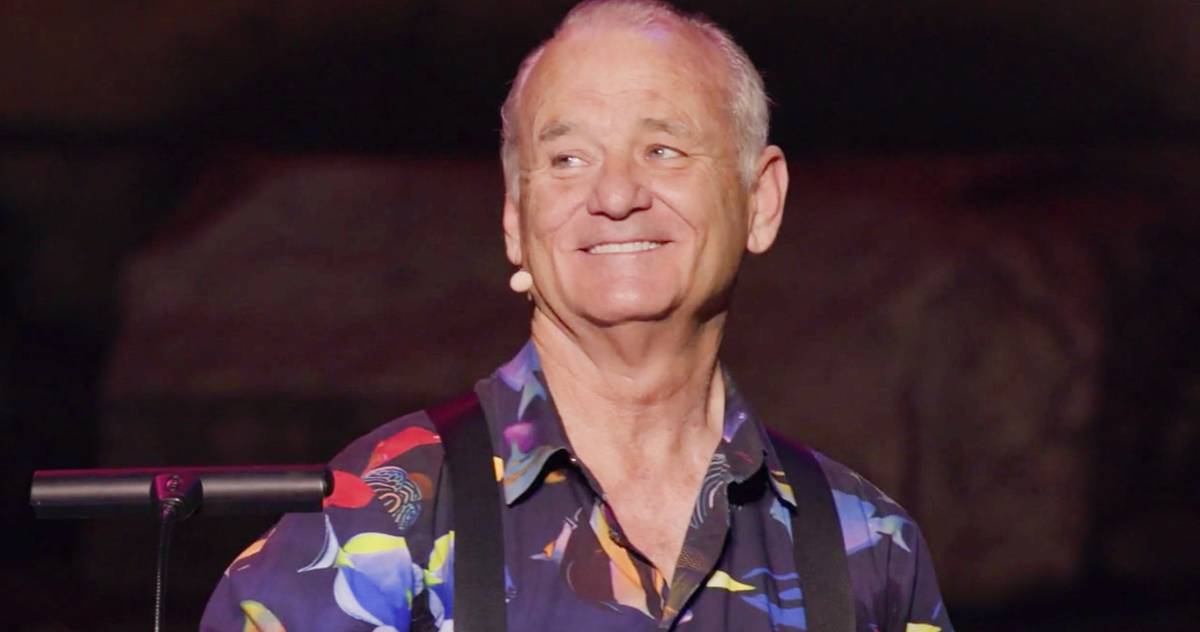#‘Radical’ Review: Eugenio Derbez Plays an Unorthodox Teacher in a Standard but Appealing Crowd-Pleaser

Table of Contents
‘Radical’ Review: Eugenio Derbez Plays an Unorthodox Teacher in a Standard but Appealing Crowd-Pleaser
From To Sir, With Love through Stand and Deliver and Dangerous Minds, inspirational dramas about dedicated educators overcoming the apathy of disadvantaged students to expand their horizons generally stick to a formula carved in stone. But when that formula works, it works. In rare instances, a movie in this narrative ballpark breaks the mold, like Laurent Cantet’s The Class, with its granular documentary-style textures and illuminating social and political context. Writer-director Christopher Zalla adheres to the subgenre’s conventions and doesn’t stint on sentimentality, but Radical more than earns its surging emotional payoff.
Given its assault on the tear ducts combined with its resolute channeling of hope even in the wake of tragedy, it’s no surprise that the film snagged Sundance’s Festival Favorite Award, voted by the audience. That should help give it an acquisitions nudge, along with a big-hearted lead performance from superstar Mexican actor and comedian Eugenio Derbez, who played another idealistic teacher in CODA.
Radical
The Bottom Line
Formulaic but undeniably effective.
Based on the remarkable true story of Sergio Juarez Correa, a teacher in the northeastern Mexican border town of Matamoros, the film was hatched by Zalla (who won the 2007 Sundance Grand Jury Prize for his first feature, Padre Nuestro) out of a Wired magazine article by Joshua Davis, who serves as a producer along with Derbez and Ben Odell. It’s set in 2011, an especially heated time in the drug wars, in a city plagued by violent crime, poverty and corruption, where the outlook is so grim that education beyond the basics is often viewed as a waste of time.
Derbez’s Sergio is up against all that and more when he signs up to teach elementary-grade students at Escuela José Urbina López, informally known as “The School of Punishment” and one of the least desirable teaching placements in Mexico. The gates are locked every day during school hours to protect the children from the city’s criminal element, but their motivation to learn is dampened by jaded teachers and an institutional policy that emphasizes discipline and obedience over education.
From day one, Sergio removes the barriers separating him from his gaggle of preteen students, even as the skeptical Principal Chucho (Daniel Haddad) advises him that authority is key: “Don’t let the kids get the better of you.” But Sergio has firm ideas. He left his last teaching position after a breakdown, brought on by gnawing disappointment as more and more students dropped out. In need of a complete reset, he eyed José Urbina, with its overwhelming failure rate, as the ideal place to test a new methodology that captured his attention online.
His radical approach to classroom time is that it should be “not about making learning happen but letting it happen.” To that end, his main goal is encouraging the kids to recognize their potential, making it their responsibility to use it. He tells a story about a mule that fell down a well and the farmer who owned it deciding that the cost of lifting it out was worth more than the animal, so he began filling in the well to avoid further accidents. But the mule was able to climb up the growing mound of dirt and rescue itself. What he’s telling his students is not to let adverse circumstances bury them.
While the kids are resistant at first, more amused than intrigued by Sergio’s games, they soon get drawn into lively conversations touching on subjects as advanced as physics and philosophy. Instead of filling their heads with factoids, he encourages them to think for themselves, to open their minds, even if that means asking dumb questions or giving wrong answers.
The ensemble of young actors is natural and appealing without ever pushing for cuteness. Zalla’s script concentrates its focus on three of them, and although the overlong movie is a bit slow to get going, it hooks you once the characters are established.
Lupe (Mia Fernandez Solis) is a bright young girl whose maturity has been accelerated by the responsibility of looking after her younger siblings while their mother works night shifts and sleeps during the day. With another baby brother on the way, the demands on her will only increase. When Sergio recognizes a philosophical bent in her thinking, Lupe doesn’t even know what that means. But she’s curious enough to investigate, going to the university library for research when she strikes out at the understocked José Urbina facility.
Nico (Danilo Guardiola Escobar) is the mouthy class clown, at risk of being pulled into gang life with the local drug-runners like his doting older brother Chepe (Victor Estrada). He surprises himself by getting motivated enough to participate — and excel — in a science project, telling Chepe that the new teacher makes him feel for the first time like he could be smart.
That newfound intellectual curiosity feeds into Nico’s touching crush on the third and most central student to the story, Paloma (Jennifer Trejo). She lives well below the poverty line in a dusty shack with her ailing father (Gilberto Barraza), right by the city dumping ground. He makes a meager living collecting scrap metal to sell, while Paloma scrounges for discarded books and objects she can repurpose in surprisingly resourceful ways. She dreams of being an aerospace engineer, which Sergio encourages by bringing her attention to a scholarship program with the aerospace industry springing up in the state.
Most of the young characters are composites, but Paloma seems closest to the real thing; her math-genius inspiration made the cover of the Wired issue with Davis’ article, and her exam results after a year in Sergio’s class are perhaps the most uplifting revelation of the incredible factual epilogues on the end credits.
Even if the majority of the story appears grounded in authentic experience, Zalla can’t entirely escape the hint of cliché in some developments — parents resistant to feeding their child’s unrealistic aspirations; corrupt officials appropriating funds intended for much-needed school computer equipment; a teacher angling to cheat the system and snag an incentive bonus; the standard eleventh-hour setback that makes Sergio’s quest feel hopeless.
The same goes for a tragic incident that feels too movie-ish, even if the gunshots often heard outside the school and the visible presence of crime in the environment make it mostly feasible.
But there’s an underlying integrity to the storytelling that makes you root for these kids to succeed and for Sergio’s risk-taking dedication to be validated. A big assist in all this is Derbez’s generous, affecting performance, tamping down his comedy instincts to play a soulful man determined to push back against defeat. He gets terrific support from Haddad, the by-the-book principal’s initial doubts giving way to full support in a corny but sweet buddy thread.
Radical hits a lot of familiar beats, notably the rousing emotional speech to the kids on exam day and the will-they-or-won’t-they-show-up suspense around a key student whose path forward appears to be blocked. But Zalla is careful not to turn it into an all-embracing triumph, acknowledging that some kids will continue to be left behind by insurmountable circumstances. Even so, resistance to the overwhelming emotional pull of the closing scenes is futile.
DP Mateo Londoño’s widescreen visuals capture the dust and windswept bleakness of the place, with stray dogs wandering the streets and people hurriedly locking their doors to stay safe. Lovely shots of the beach where Nico hangs out provide a soothing contrast.
The melodic percussive score by Pascual Reyes and Juan Pablo Villa gently heightens the steady swell of feeling, along with gorgeous use of the sorrowful a cappella tradition of the canto cardenche from the Northern desert plains. If your face is not streaked with tears when stirring choral voices are heard singing “Una Mañana muy Transparente” at the end, there may be something wrong with you.
If you liked the article, do not forget to share it with your friends. Follow us on Google News too, click on the star and choose us from your favorites.
For forums sites go to Forum.BuradaBiliyorum.Com
If you want to read more Like this articles, you can visit our Social Media category.




